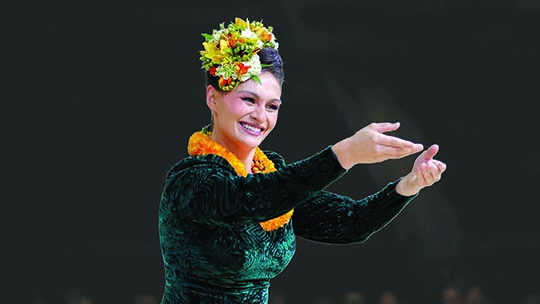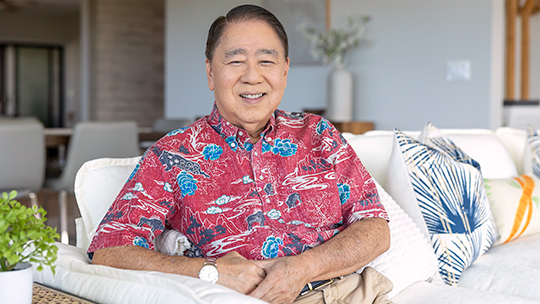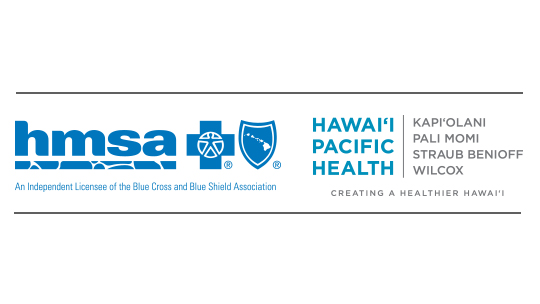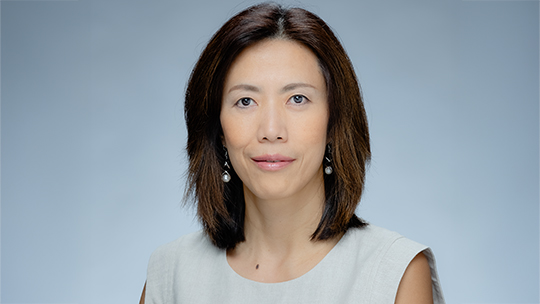Robert Bidwell, M.D., struggled with his identity as a gay man for many years.
Many adolescents he’s counseled struggle with their sexuality, too. He recalls suspecting one young man was gay, but not addressing it because of his own fear of being exposed. It’s a choice he regrets to this day.
“If you don’t bring it up, there’s so many things you can’t talk about,” Dr. Bidwell says. “It took a year for me to approach the issue of his sexuality. He acknowledged being gay and that he’d had thoughts of suicide. I thought how tragic it was that I wasn’t there earlier in his life. Then I thought of the hundreds of young people who had come through my clinics and I hadn’t asked about that part of their life because of my own discomfort.”
The experience changed the way he practices. “Never again will I allow my discomfort to get in the way of opening the door to discussion for my patients around these issues.”
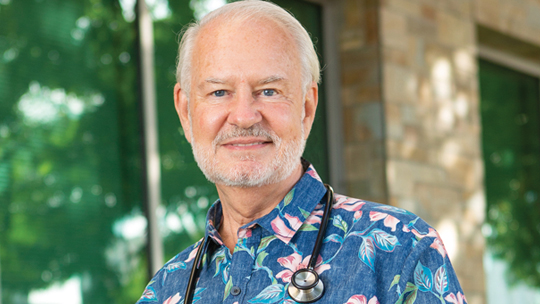
Robert Bidwell, M.D.
Silence
Bry Abeyta is a makeup artist and model who loves wearing dresses and heels and plays in two gay sports leagues. Abeyta is gender fluid and came out as gay at 16. It wasn’t until they moved away from their small, conservative hometown that they saw there were many people like them –a combination of every gender.
When Abeyta began questioning their assigned gender, they turned to their doctor. “I brought up the subject and it was like I hit a brick wall. My doctor left the room and came back with pamphlets for me,” they said. “I didn’t understand why the pamphlets were given to me or why there was no discussion at all, especially when I got great answers to my questions at other times.”
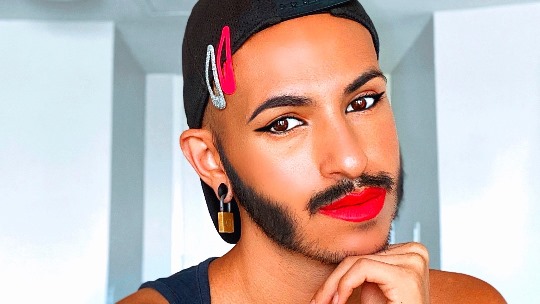
Bry Abeyta
Annie Do has experienced the same silence. Do’s a public health graduate student who’s serving in the state’s Sexual and Gender Minority Workgroup. It’s especially important work in Hawai’i, which has the largest per capita population of LGBTQ+ individuals of any state. “It’s not possible to deliver public health if it’s not for everyone. That’s the public part of it,” she says.
Do’s passionate about her work because it focuses on community-based preventive care and also because she identifies as a lesbian. At one appointment, her doctor didn’t follow up on health information she provided and her questions were dismissed.
“There’s no open communication,” she says. “The questions that I was asked regarding my health didn’t encompass the right questions for being a lesbian.”
Both Abeyta and Do changed doctors. “It took me a while to find someone who wasn’t silent about my needs and my questions,” Abeyta says. “For the longest time, when I went to the doctor, I would skirt over talking about being gay.”
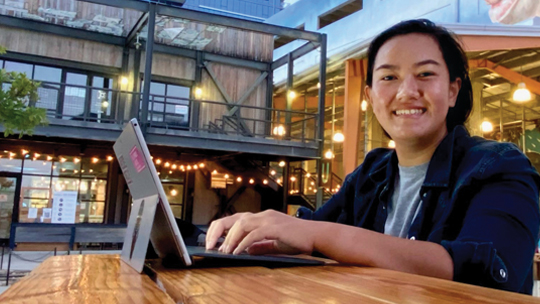
Annie Do
Affirmation
Dr. Bidwell isn’t surprised that doctors have difficulty discussing sexual orientation and gender identity. In part, this may be due to the fact that some have grown up in communities that are uncomfortable with or disapproving of LGBTQ+ people and these attitudes may have influenced them as health professionals. Or it could be because until recently, LGBTQ+ health issues were not addressed in a meaningful way in medical education.
He recommends that doctors reflect on how their discomfort has affected the care they’ve provided. “You could save lives asking these questions,” he says. If you can’t provide certain services, have a list of LGBTQ+-friendly referrals handy.
To learn more, he suggests taking workshops and earning continuing medical education credits. During patient exams, he emphasizes that it’s essential to use patients’ preferred name and pronouns and inquire beyond the chief complaint to treat individual needs.
Most importantly, initiate open communication with patients, listen to them, and provide affirmation. “Being LGBTQ+ is completely healthy and normal,” says Dr. Bidwell. “The rest of their world may be telling them something different, but I counter that as a health professional.”
Looking for a doctor? The Hawaii Department of Health Sexual and Gender Minority Workgroup has created a list of LGBTQ+-affirming doctors.

